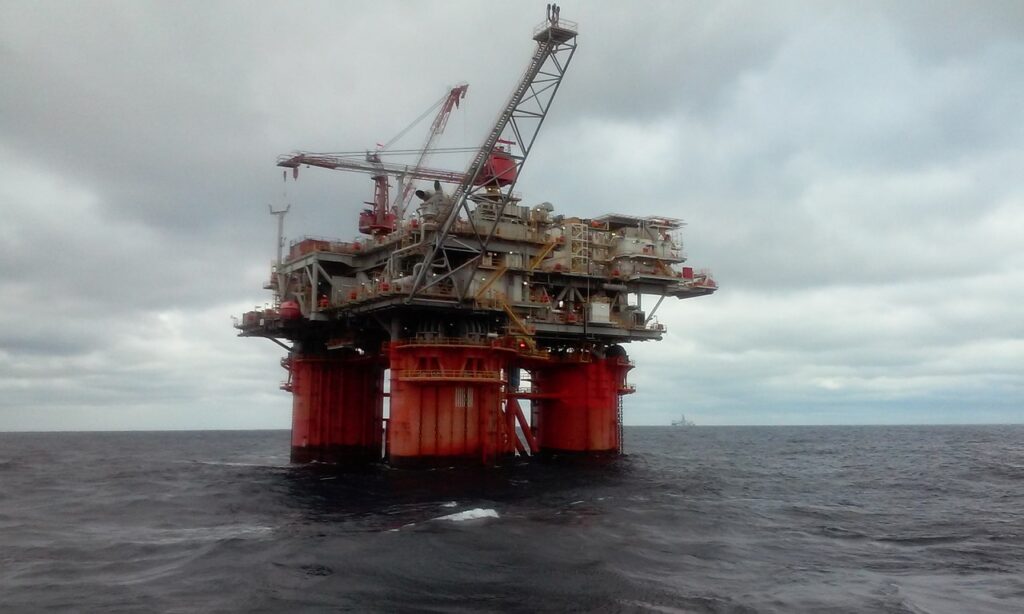President Joe Biden has made a bold move by permanently banning future oil and gas leasing across 625 million acres of U.S. waters, including crucial areas along the East and West Coasts, the Gulf of Mexico, and Alaska’s Northern Bering Sea. This decision is a significant step in Biden’s effort to protect marine ecosystems while fostering sustainable economic growth for coastal communities.
Protecting Marine Ecosystems for Future Generations
Biden has emphasized the environmental risks of offshore drilling, citing the 2010 Deepwater Horizon spill as a stark reminder of the potential consequences. By enacting the offshore drilling ban, Biden aims to protect vulnerable coastal ecosystems, preserve biodiversity, and ensure the long-term sustainability of industries like tourism, fisheries, and small businesses that depend on healthy oceans.
Environmental organizations have widely supported this decision, viewing it as a major win for conservation efforts. The Biden administration stresses that safeguarding these vital areas will enhance the economic prosperity of communities that rely on the ocean’s resources.
Balancing Energy Needs and Environmental Responsibility
Despite strong opposition from the oil and gas industry, Biden stood firm in defending the ban. He emphasized that the U.S. can continue meeting its energy demands while protecting coastlines. Offshore drilling projects typically take years to develop, and existing rigs will remain operational, minimizing concerns over short-term energy supply disruptions.
Experts agree that the ban will not significantly affect the nation’s oil production, while helping secure both the environment and energy sectors’ futures. Biden asserted, “We don’t have to choose between protecting the environment and keeping energy prices low.”
A Legacy of Conservation and Climate Action
This move adds to President Biden’s impressive environmental legacy, which includes protecting over 270 million hectares of land and water. By enacting this offshore drilling ban, Biden solidifies his role as a leader in climate action, reinforcing his commitment to balancing environmental conservation and economic stability for future generations.
